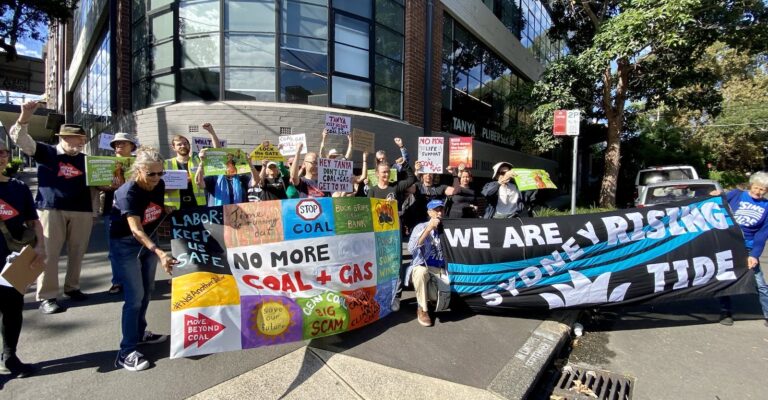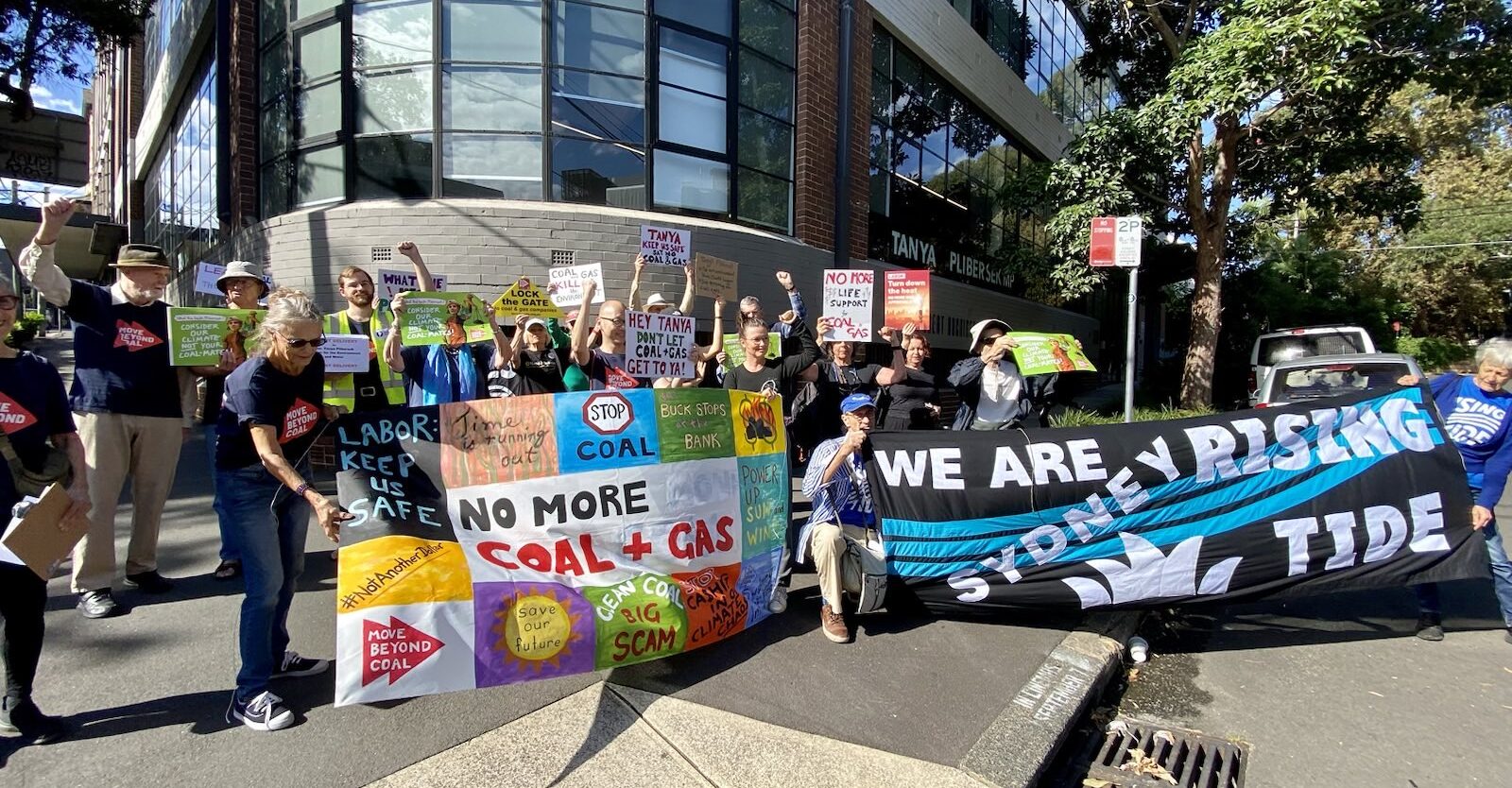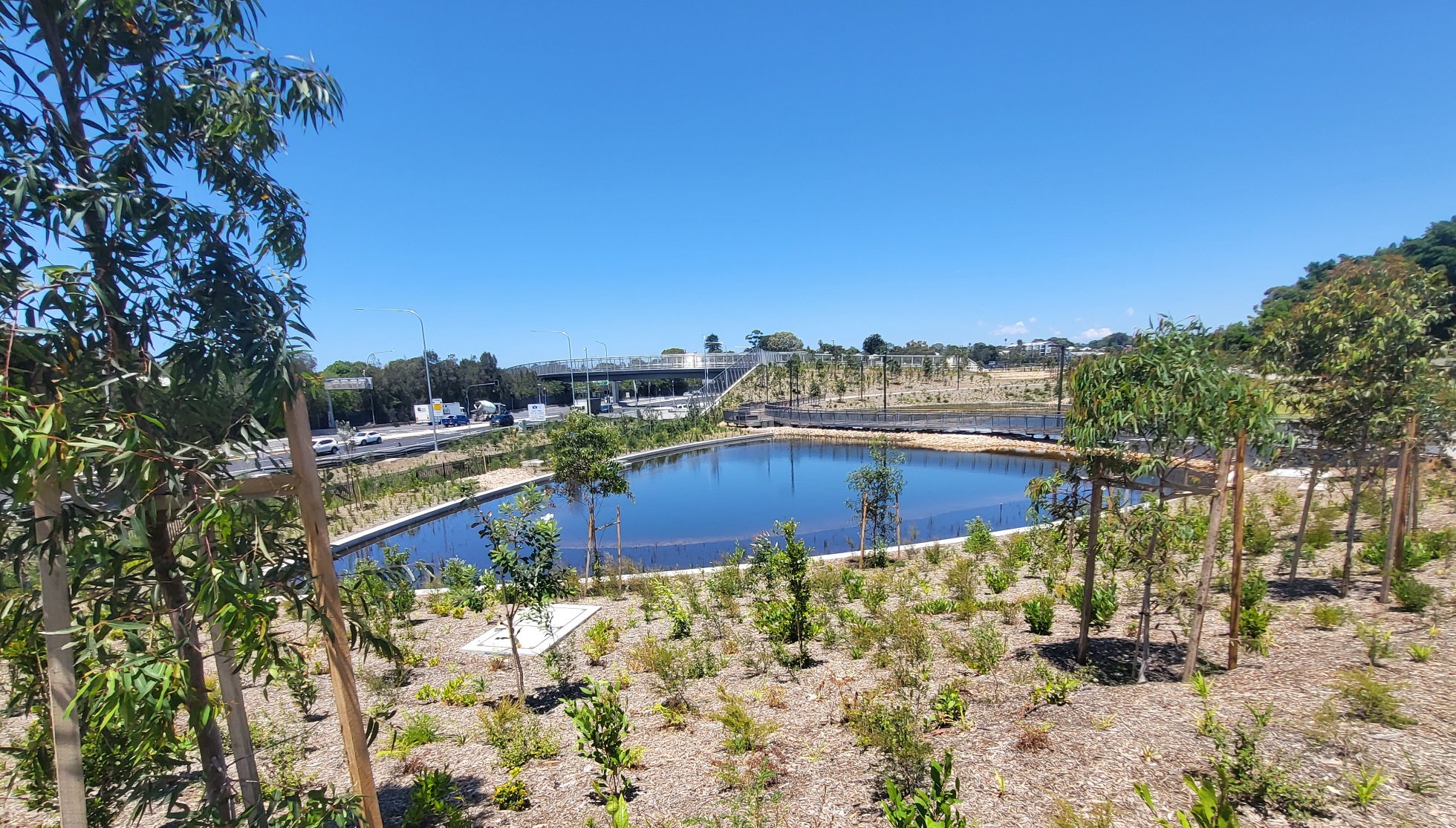
Defending the indefencible
Councillor Di Tornai’s apologia attempts to defend the ‘indefencible’ (“Residents not consulted? It simply ain’t so”, Letters, September 17).
The Orphan School Creek-gate affair, and its re-worked landscape park plans, were not the result of extensive community consultations as she claims. They were the result of a cover-up exposed after the Greens Councillors and Labor councillor Meredith Burgmann rapidly realised they’d been deceived: plans they’d been shown and approved were not materialising on the ground.
The quantity of meetings Cr Tornai refers to ad nauseum wasn’t a substitute for the quality consensus required of a democratic council. Democracy is government by discussion, not government by imposition.
It’s true, the residents were revolting. And they’re still rightly revolting against planning outcomes that diminish their quality of life and other expedient, pro-developer, behind-the-scenes planning staff DA decisions, some never even advertised.
This is contrary to the objectives of the NSW Planning Act. Sections 5 (a) and (c) require all Councils to “encourage…and provide increased opportunity for public involvement and participation in environmental planning and assessment”.
Recent examples include: the original mega-outdoor seating area for the Springfield Mills pub (never advertised) and now partly rescinded; approval for outdoor liquor-licensed seating for a sausage sizzle shop in tiny Llankelly Place in Kings Cross, within three metres of bedroom windows (never advertised); lack of online plans and documents for a DA for an 80-seat bar actually within a residential apartment block, Potts Point, not advertised to residents within a 75-metre radius and with a reduced 7-day exhibition period (not properly advertised), and point blank refusal to answer concerned e-mails relating to demolition of a heritage WWII air-raid shelter.
It was demolished two weeks ago.
All these are inconvenient truths.
As former Deputy Lord Mayor Marcelle Hoff has rightly remarked, good councils have more than a notional nexus with communities, they encourage a sense of belonging.
After all, just whose Council is it?
Andrew Woodhouse, Potts Point
President, Potts Point and Kings Cross Heritage Conservation Society
Less heat, more light
Shant Fabricatorian’s article on the proposed Erskineville supermarket (“Controversial Erskineville supermarket receives Council approval”, September 24) covers a lot of ground, but does not consider exactly why (it seems) the Land and Environment Court (L&EC) would now allow the development in its amended form.
For what are the principles by which the L&EC makes its assessment? If those principles result in inappropriate development, then that’s something we all need to know about and understand – for perhaps these principles result in unjust outcomes, and are in need of change.
Alternatively, perhaps the L&EC would be making a reasonable decision. Is there a development which would be small enough that community activists would approve of? Would a coffee cart be acceptable?
Either way, we need to know what the principles are by which the L&EC operates. It seems the original rejection would have been upheld by the L&EC. But not now. What’s changed? There’s a lot of heat here – we need light.
John August, Darlinghurst









